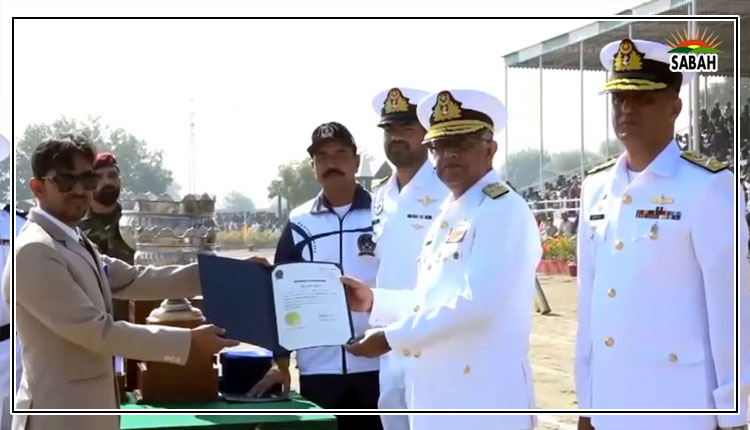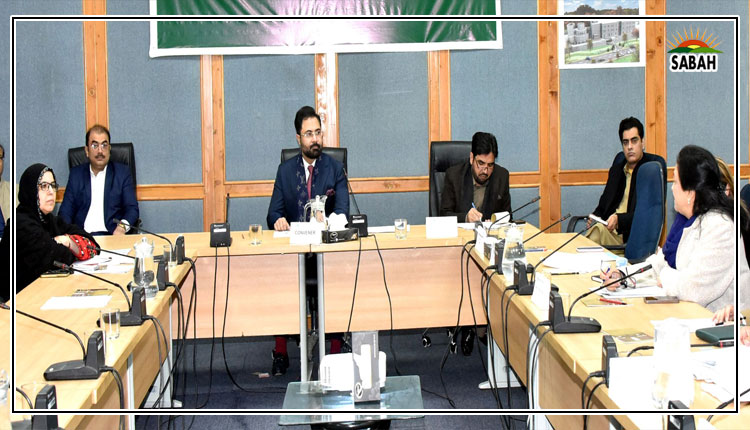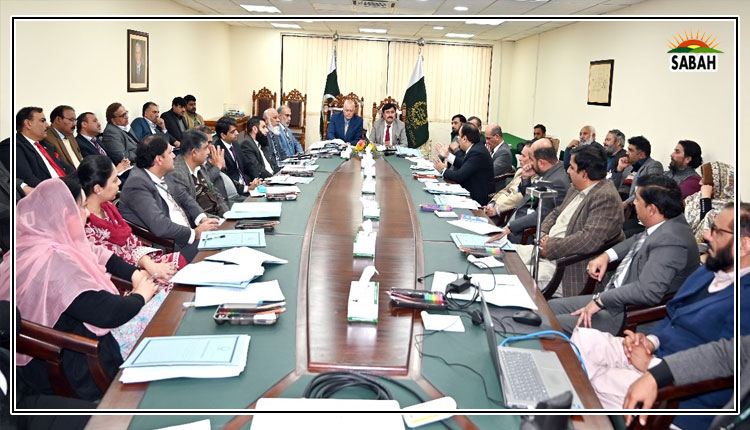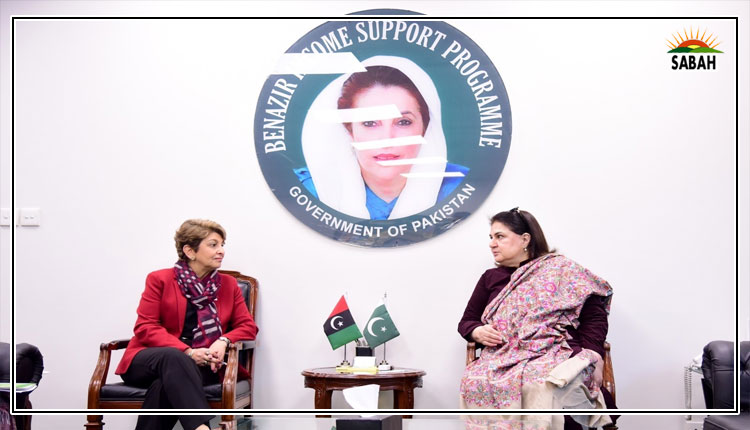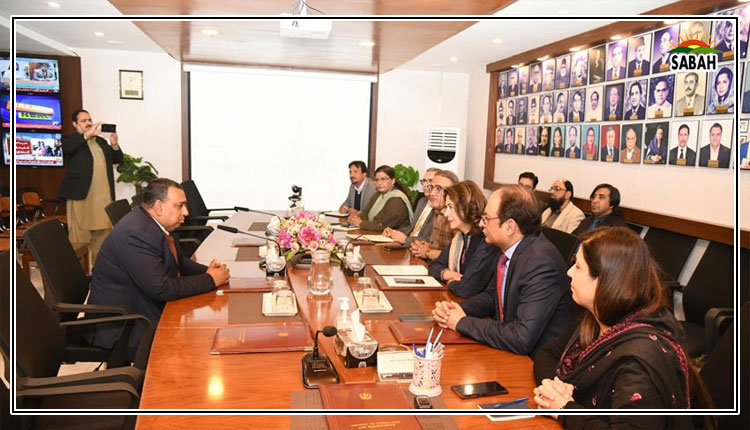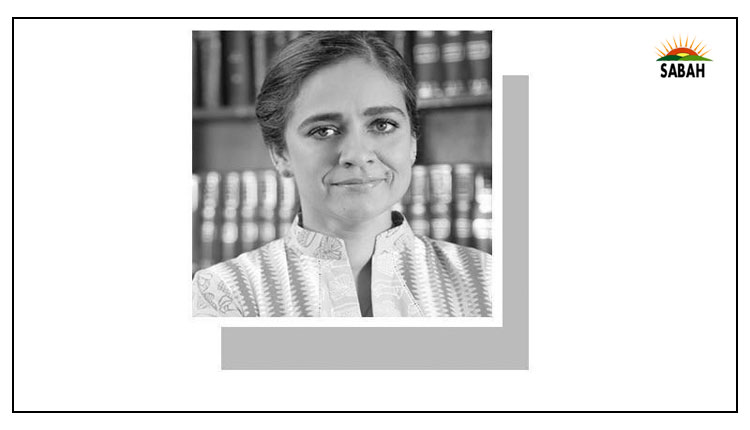Marriage rights…Tahera Hasan
MARRIAGE is a sacred partnership that brings individuals together. However, what is mostly overlooked in our society and culture is the fact that it is also a legal contract that governs the rights and responsibilities of both partners.
In Pakistan, the nikahnama is a crucial document that outlines the terms of a marriage. However, despite its significance, a lack of awareness prevails among women regarding their rights contained in this document. Where there is awareness, there is a fear of social and cultural implications of advocating for their rights at the time of marriage. When the bride or any person on behalf of the bride engages in negotiation or asserts her rights, it is often frowned upon and perceived as socially inappropriate.
The nikahnama, also known as the marriage contract, serves as a legal agreement between the bride and groom in Pakistan. It is signed by the couple, the officiating cleric and witnesses during the wedding ceremony. The document details various essential elements, including the haq mehr, rights of divorce and maintenance. However, the lack of awareness among women about the contents of the nikahnama invariably leads to unfortunate outcomes and a significant power imbalance in a marriage.
Pakistani law recognises the rights of both spouses and the nikahnama is a clear indication of this. However, the patriarchal norms deeply entrenched in Pakistani society and culture often result in women being unaware of their legal rights and entitlements. The right to consent, maintenance and inheritance are fundamental rights that women should be aware of and assert in their marriages. Unfortunately, due to cultural and societal pressures, many women find it challenging to exercise their rights, leading to various forms of discrimination, abuse and inequality within marriages.
Women must be empowered through awareness.
One of the primary reasons for the lack of awareness among women regarding their rights is the absence of proper education, information, and social and cultural barriers. In many cases, women are not adequately informed about the terms and conditions mentioned in the nikahnama. This ignorance places them at a disadvantage, as they may unknowingly relinquish their rights or agree to unfair terms that are contrary to their best interests.
Such a lack of awareness perpetuates a cycle of gender inequality and reinforces the subjugation of women within marriages. Furthermore, even in situations where women are economically empowered, educated and aware, they are unable to protect themselves through what is, for all intents and purposes, a prenuptial agreement.
In addition to promoting awareness campaigns that focus on womens rights, it is crucial to also target and address men in these initiatives. By doing so, we can work towards fostering a change of mindset and awareness in society.
Engaging with young men is particularly vital, as they represent the future generation and have the potential to drive significant societal transformation. One of the primary objectives of these awareness campaigns should be to sensitise and educate men along with women about womens rights as enshrined in both legal frameworks and religious beliefs. Currently, there exists a great deal of misinformation and misunderstanding surrounding these rights. By equipping men and women with accurate information and fostering empathy and understanding, we can lay the foundation for substantial progress in gender equality.
The nikahnama plays a crucial role in defining the terms and conditions of a marriage. Unfortunately, the lack of awareness among women about their rights contained in this document perpetuates gender inequality and reinforces their subjugation.
Empowering women through education, legal aid and community engagement is essential to creating a society where women can agitate for and protect their rights. The evolution of social and cultural norms regarding womens rights within a marriage is a process that faces considerable resistance and cannot be achieved overnight. However, heightened awareness is crucial to empowering women so that they can acknowledge and assert their rights.
By striving for a better understanding of the nikahnama, Pakistani women can protect themselves. Furthermore, by actively involving men in awareness campaigns and discussions that focus on womens rights, we can pave the way for a more just and equal society. Empowering men with knowledge and sensitivity is paramount if we want to dismantle harmful gender norms, dispel misinformation, and ultimately realise a future that embraces equality for everyone.
Courtesy Dawn



